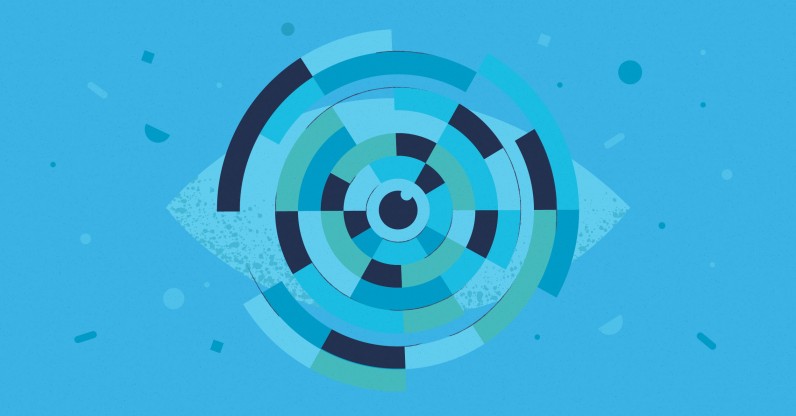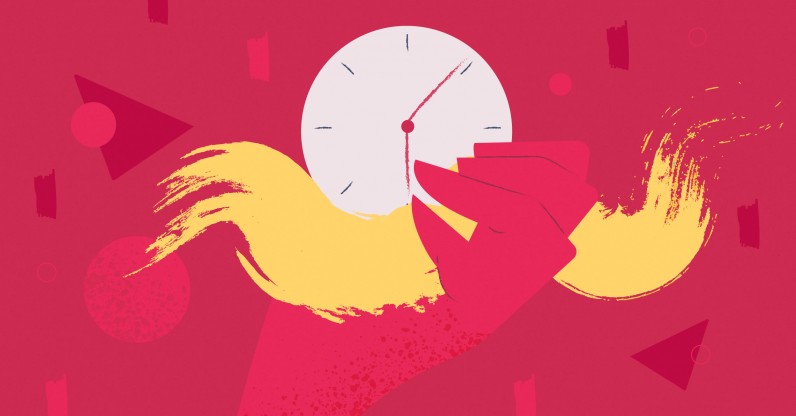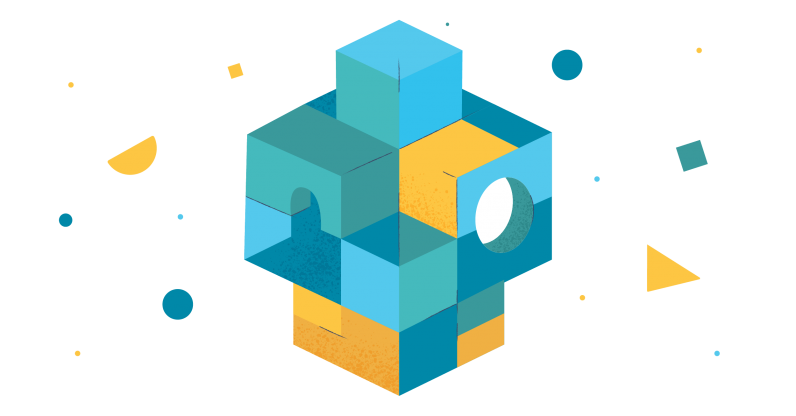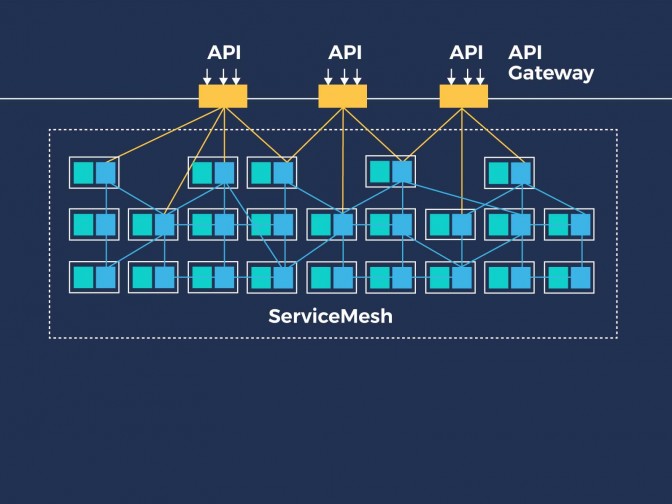User Experience (UX) research is more than a standalone part of the UX design process. It serves as a foundational approach that informs and enhances the product development cycle from scratch.
Despite common misconceptions, UX research doesn’t slow down product development. Instead, it actually speeds it up by providing us with reliable and actionable facts. Let’s look at the science behind UX research, from its many advantages, to its unique methodology and opportunities for collaboration.
What are the advantages of UX research?
- Cost efficiency
Contrary to popular belief, investment in UX research can save money for the long haul. Early-stage UX research can help avoid financial pitfalls by identifying user needs and expectations at the outset.
As Barry Boehm wrote in his 1981 book Software Engineering Economics, “fixing an error after development is up to 100 times more expensive than before.”
- Informed decision making
UX research provides us with factual information that can’t be obtained through guesswork or opinions. It creates a solid foundation for decision making, which then ensures the proper use of time and money.
“Supposing is good, but finding out is better”
– Mark Twain
- Competitive advantage
With today’s high consumer expectations, UX research can help us gain an advantage over competitors. Understanding users on a deeper level allows us to identify their real needs and tailor their experiences to not only meet, but exceed their expectations.

Methodology
- Understanding the problem
“If I had only one hour to save the world, I would spend 55 minutes defining the problem, and only five minutes finding the solution.”
– Albert Einstein.
Before beginning a UX research journey, it’s important to have a solid understanding of the problem you’re trying to solve with the research itself. Bypassing this stage can result in an incorrect hypothesis and wasted resources.
- Hypothesis formulation
Just like any scientific study, UX research begins with a hypothesis. You seek to prove or disprove this working theory, for example: will the user be interested in a new product, or will they perceive a new feature as something useful?
- Data collection
We then begin collecting data, either qualitatively or quantitatively, using interviews for in-depth understanding or analytical approaches for numerical evidence. These data collection methods should be very carefully designed and implemented to eliminate the risk of bias.
- Data analysis and recommendations
The collected data is then analysed. Here’s where key insights and recommendations can be made based on this empirical evidence.
Involving cross-functional teams
- Developers
Developers get first-hand insights into user behaviour, making it easier to prioritise tasks and fix issues that have the most user impact. As observers, developers can help to identify and confirm the technical issues underlying a usability problem found during UX research, and provide unique insights into testing.
- Designers
Designers benefit from a more empathic understanding of users, allowing them to create more intuitive and user-centric interfaces. When included as part of the UX research team, they can help us recognise when a design element is resonating with users and when it causes friction.
- Product managers
Product managers act as link between business goals and user needs. Their strategic involvement in UX research allows them to compare the insights against business objectives and effectively prioritise the tasks that will have the most positive impact.

Busting the myth: UX research doesn’t slow down product development
The idea that UX research slows down the development process is based on a misunderstanding of its purpose and methodology. It’s not an extra layer of work but really a parallel process that informs and guides development.
- Iterative learning
The UX research process is iterative. This means that there’s immediate feedback from one research stage to the next in terms of product development, which makes the process even more efficient.
- Time saving
UX research helps teams to focus on the features of a product that need the most optimisation for the user, preventing the wasteful loop of ‘build, launch and retract.’
In the era of user-centered products, UX research is a solid scientific methodology that supports the quality and efficiency of a product and reduces potential risks. It’s a collective responsibility that requires the involvement of all stakeholders, including developers, designers and product managers.
It’s the perfect opportunity for collaboration in the journey towards a common goal – creating a product that’s truly ‘for the user.’




